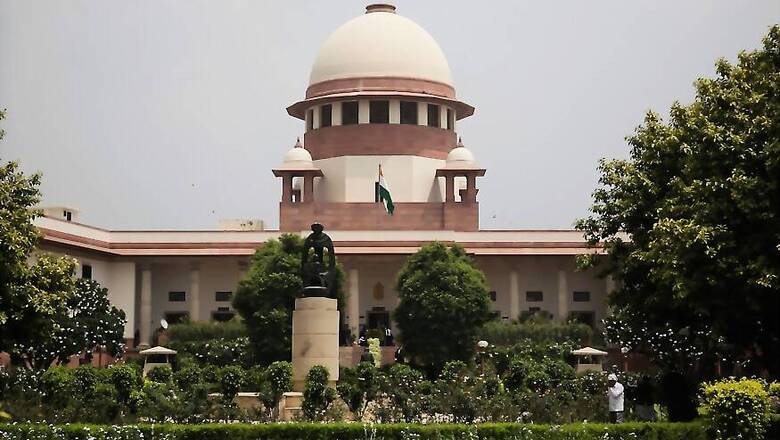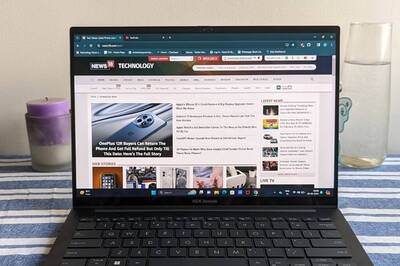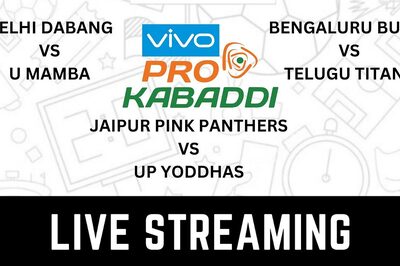
views
New Delhi: The Supreme Court has agreed to examine the extent of liability that should be fastened on hotels in case a vehicle is lost or stolen from complimentary valet parking services.
A bench headed by Justice NV Ramana admitted the question of law for adjudication, but only after Taj Mahal Hotel made a statement, that one such guest has been compensated for the loss of his Maruti Zen in 1998.
"It is represented by the learned senior counsel that the consumer has received the entire compensation amount awarded by the State Commission. Taking into consideration the said statement, issue notice only to a limited extent to decide the legal issue involved in the matter," stated the court order.
Sapan Dhawan, the complainant in the case, had gone for dinner to New Delhi’s Taj Mansingh Hotel in August 1998. He entrusted the car to the valet for parking and was issued a token. After dinner, when Dhawan sought the car keys, he was informed that the vehicle had been stolen.
The car was insured with United India Insurance. The company settled the insured sum in favour of Dhawan, but withheld the right to recover the damages from the hotel, which both parties claimed had failed in its duty to take care of the vehicle.
Subsequently, Dhawan and the United India Insurance filed a joint complaint before the Delhi State Consumer Commission.
Taj Hotel pressed for dismissal of the complaint on the grounds that Dhawan could not be termed as a consumer because no money was charged from him for valet parking.
The hotel also contended that the parking tag clearly mentioned the vehicle was being accepted at the owner's risk either inside or outside the hotel premises, and that the hotel would not be liable for theft or damage to the vehicle.
However, the Delhi State Commission rejected the hotel's arguments after examining the dine-in bills at the hotel, noting that the total bill for the food was inclusive of the cost of valet parking services.
It added that the printed tags could not absolve Taj Hotel of its liability, because it would be culpable as a bailee for the safe custody of the vehicle.
In January 2017, the State Commission directed Taj Hotel to reimburse United India Insurance the claim amount of Rs 2,80,000, along with a 12 per cent interest applicable from January 28, 1999, and another Rs 50,000 for litigation costs.
The Commission further directed Taj Hotel to pay Rs 1 lakh to Dhawan as compensation.
Taj Hotel appealed to the National Commission, this time contending that there was no proof that Dhawan had consumed food here, so he could not be termed a consumer.
The National Commission rejected the plea and observed that even though there wasn’t any separate payment for valet parking facility, the hotel reaps indirect benefits by alluring customers with such ‘additional’ services.
The commission directed that a person entrusting the vehicle for parking to hotel authorities is deemed a consumer and the hotel owes a duty to them of ensuring its safety.
The apex consumer forum further held that merely stating that parking was ‘at owner's risk’, will not absolve the hotel of its liability.
"The duty of ensuring vehicle safety cannot stop at the parking of the car. The reasonable degree of care has to be taken by a Hotel or any service provider and needs to be maintained till the vehicle is returned to the owner in the same condition as it was taken," it emphasized.




















Comments
0 comment